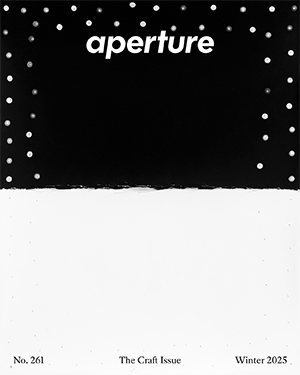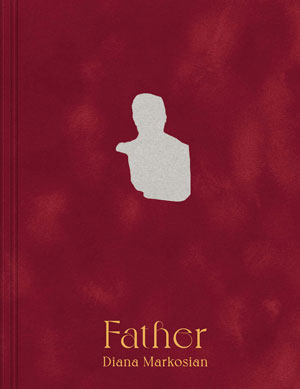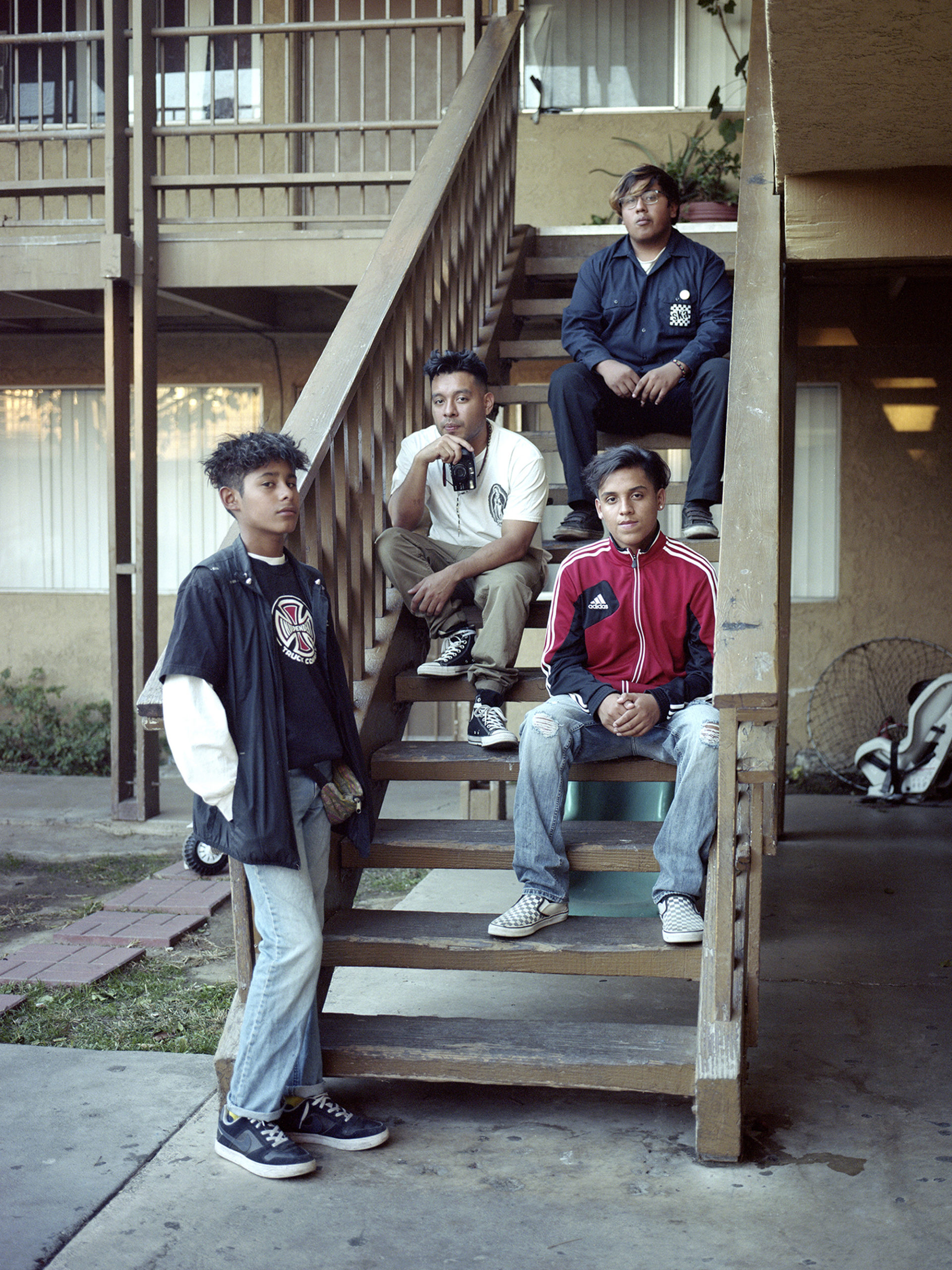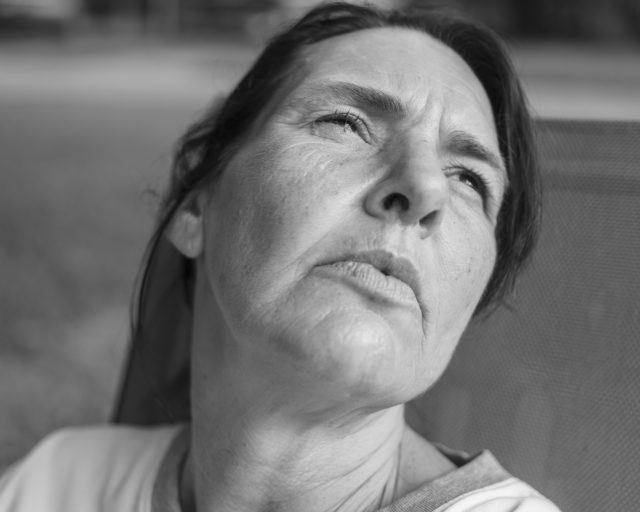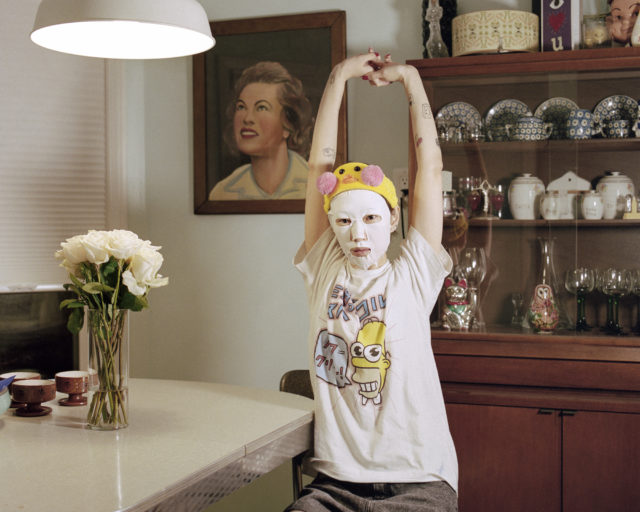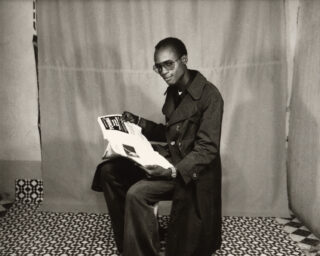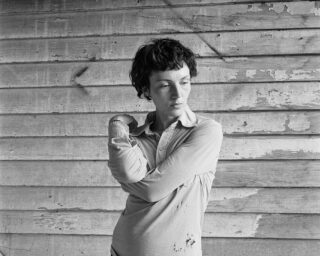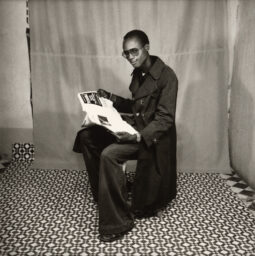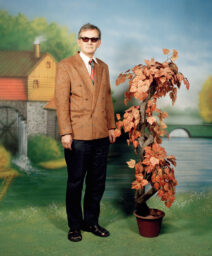William Camargo, About Half A Mile From Disneyland, 2019
In his project Origins & Displacements: Making Sense of Place, Histories & Possibilities, photographer and educator William Camargo addresses issues of gentrification, Chicanx and Latinx histories, and the systemic erasure of the stories of Brown people in his hometown of Anaheim, California—located southeast of Los Angeles, and Orange County’s largest city by population. A lot of people associate Anaheim with Disneyland, the Anaheim Ducks, the Los Angeles Angels, and the manicured resort district, but in the early 1900s, Anaheim was a rural agricultural community with acres of citrus orchards and an ugly history of systemic racism and violence. This included large gatherings of KKK members, who were also involved in city government; school segregation in the Mexican American community; and police violence against Black and Brown people, which continues to this day. Anaheim is more than fifty percent Latinx, and home to a large, diverse immigrant community. After spending a brief time away from Anaheim, Camargo returned with the intention of discovering the erased origins of his hometown.
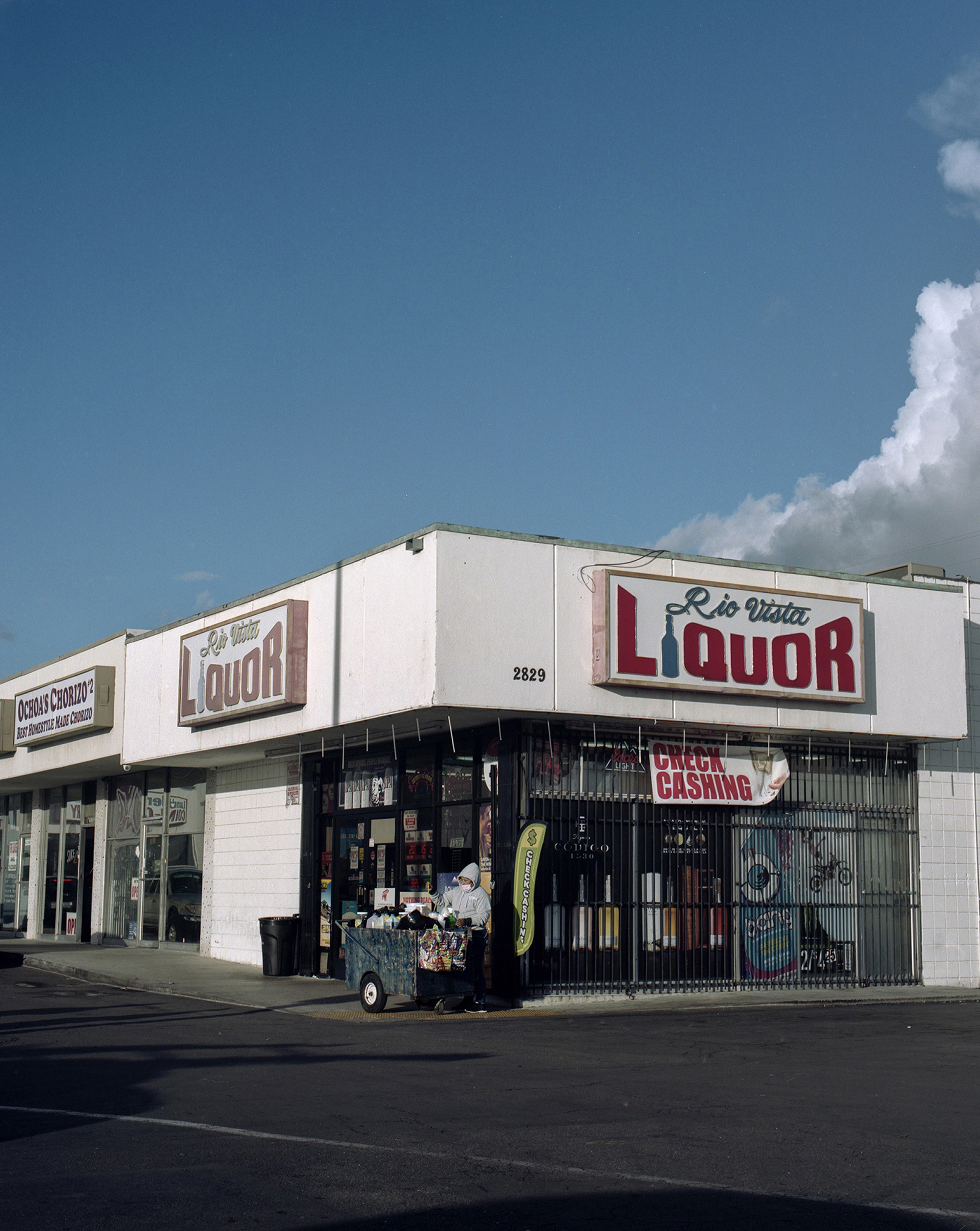
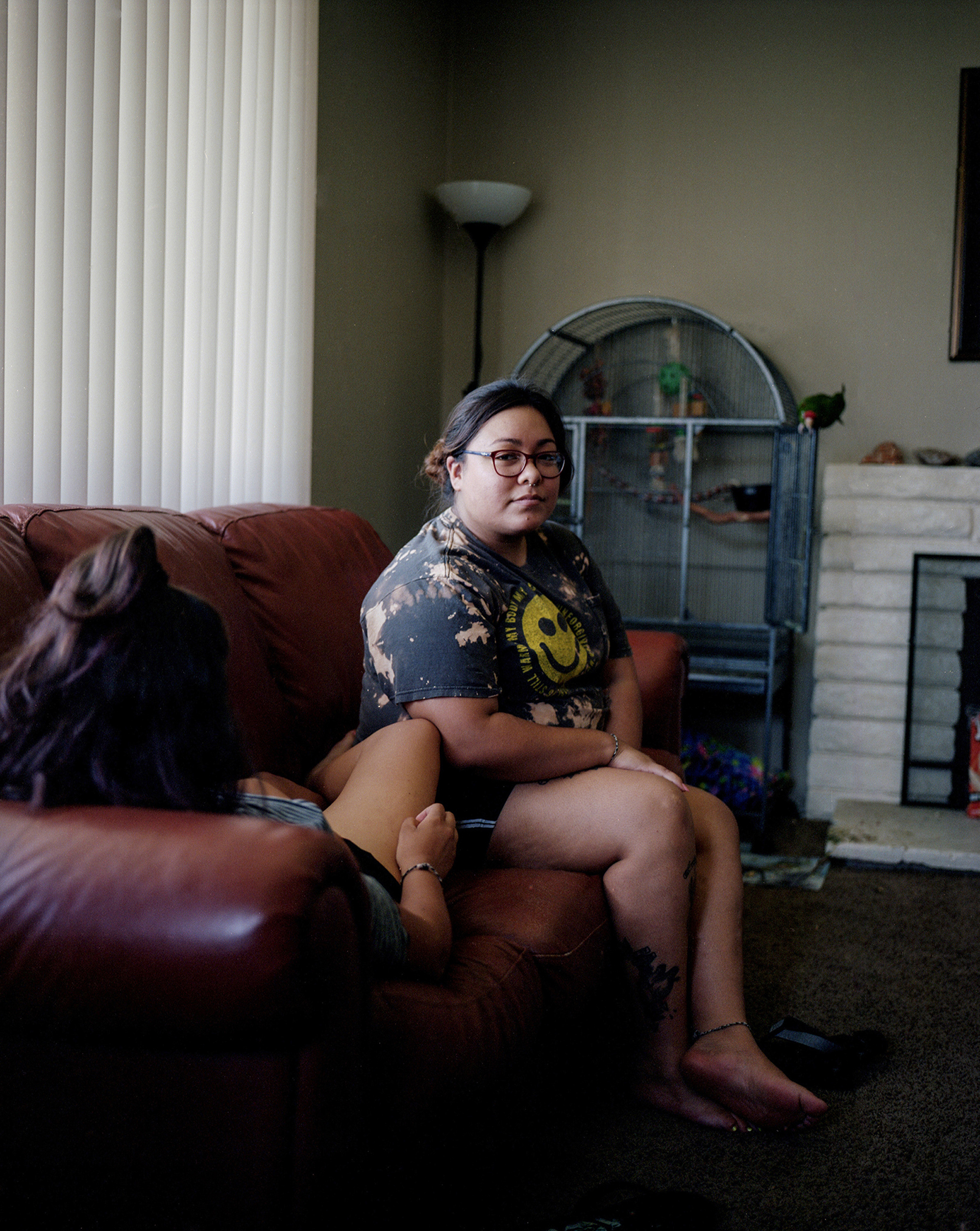
While sifting through the local public library’s archive, Camargo discovered a history that he didn’t know, one that wasn’t taught to residents and youth in his community—which included photographs of Latinx life in Anaheim. Through the use of photography and performance, Camargo uses his own body and handwritten signs to address the stories repeatedly erased from historical documents, photographs, and news archives. In the photograph Y’all Forgot Who Worked Here?, Camargo stands in front of the Anaheim Packing House, a renovated 1919 Sunkist citrus packing house that is now a gourmet food hall, with a sign that reads “Brown Women Used to Pack Oranges Here.” The image is striking, not only because of the tension that exists between the message on the sign and the space being occupied, but also Camargo’s presence in the frame. His face is hidden—something he does in all of his performative images—and his body becomes a stand-in for other people. These images force viewers to consider the spaces we occupy and question the systems and people that shape our understanding of a place. “I want viewers to reflect on where they live, and the history that is not really centered,” Camargo explains. “Even if it’s a history that’s not so bright.”
Camargo’s work addresses the continued systemic racism that exists in Anaheim—whether by inserting himself into the photograph, documenting contemporary landscapes, or creating intimate portraits of people in their homes. As a community archivist, Camargo approaches his subjects with respect and collaboration. “A lot of my work is a mutual agreement. I am trying to focus on cooperation with community, instead of going in there, photographing, and then leaving,” says Camargo. “It’s an exchange. There’s a power structure in photography, and I’m aware of that.” There is an inherent intimacy and mutual understanding between him and his community; his subjects look relaxed and seem to know that these photographs are important and will go on to tell their stories. While Camargo is working to contextualize and repackage historical texts and contemporary narratives through photography, he is also creating a body of work that will live on as its own archive.
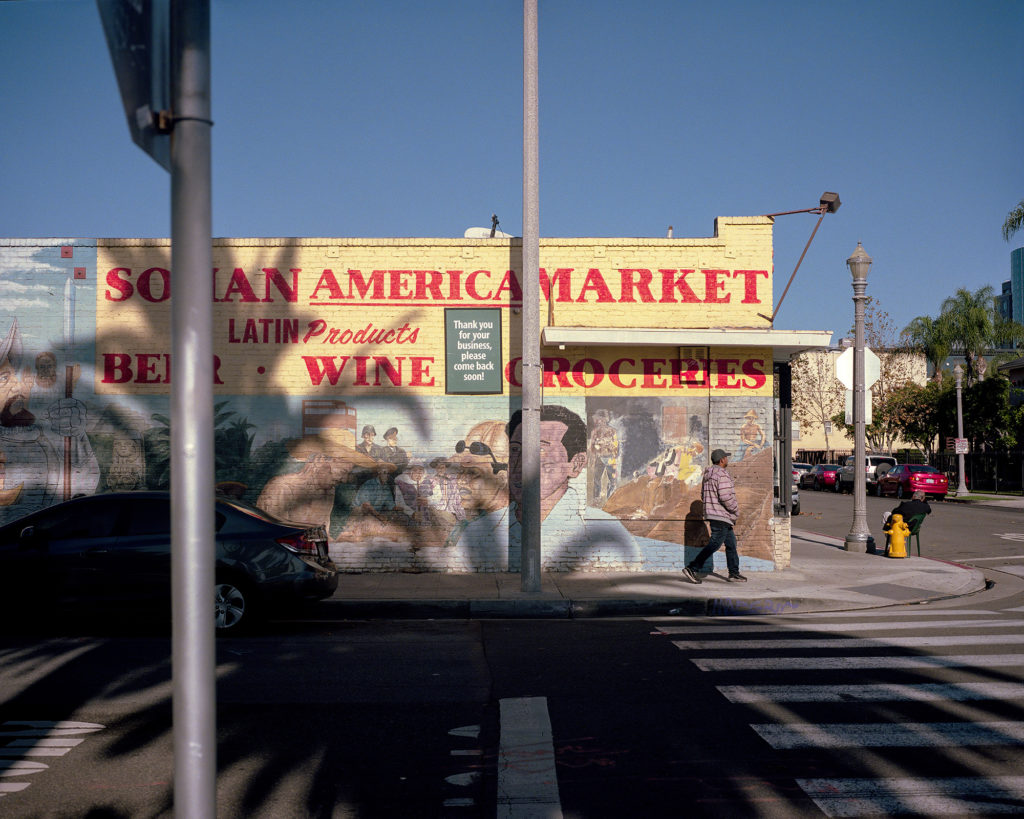
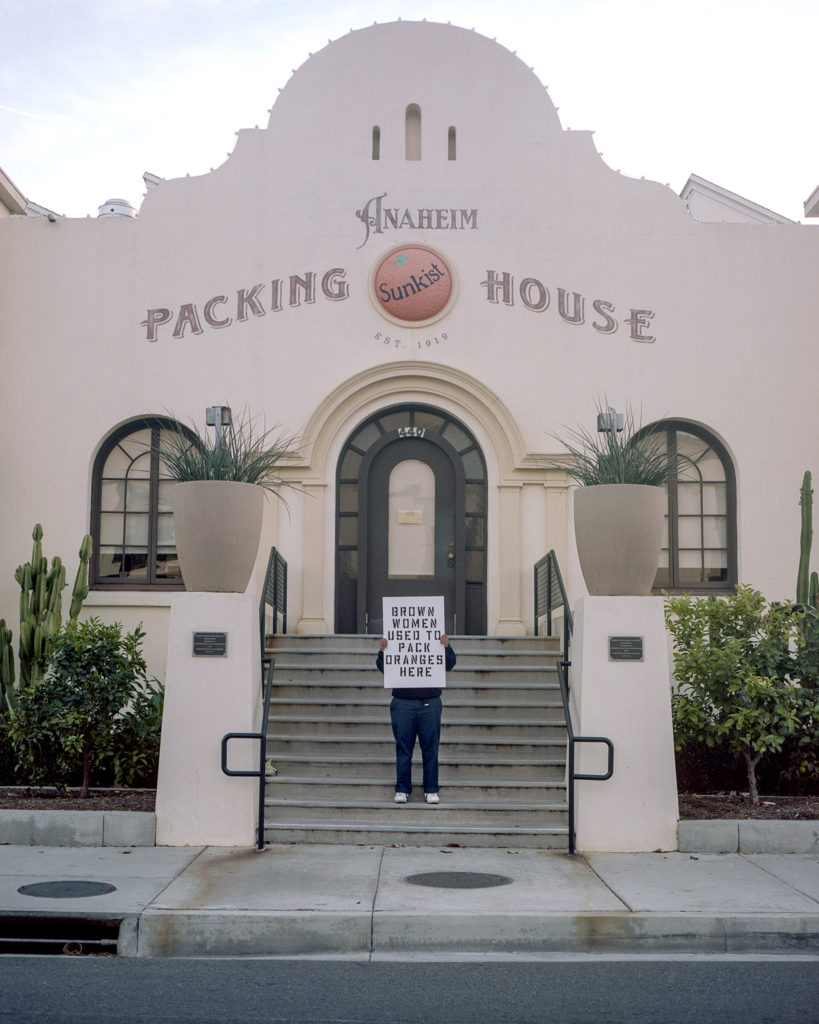
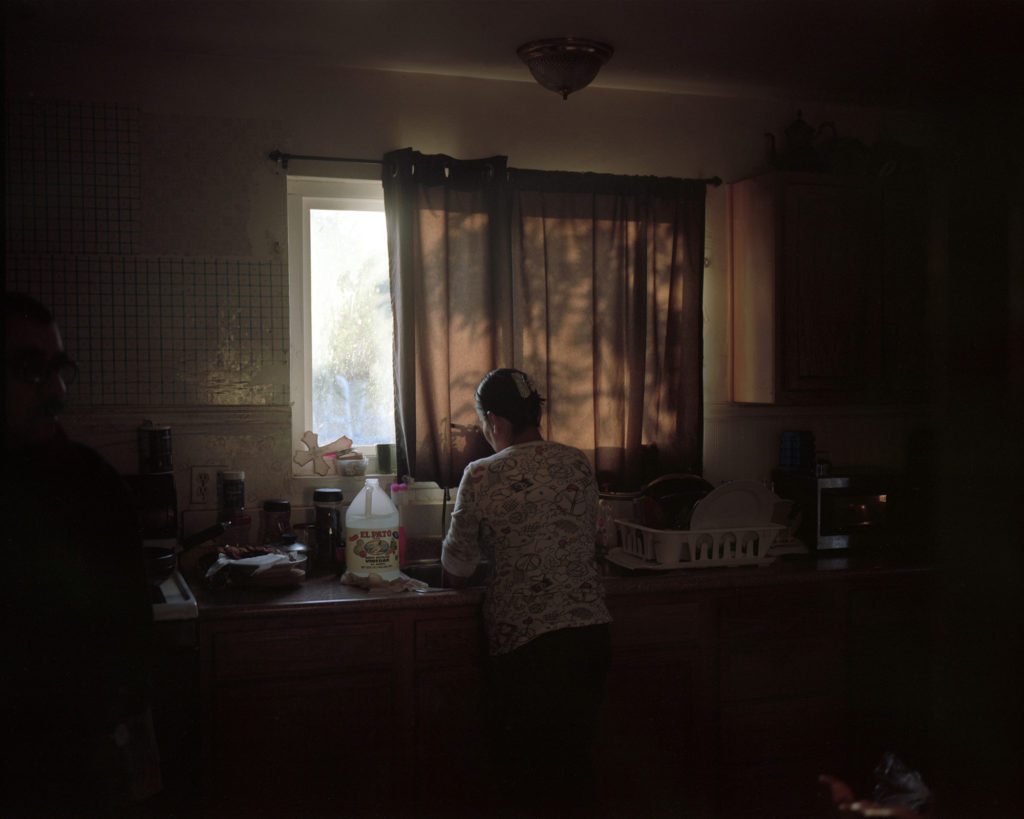
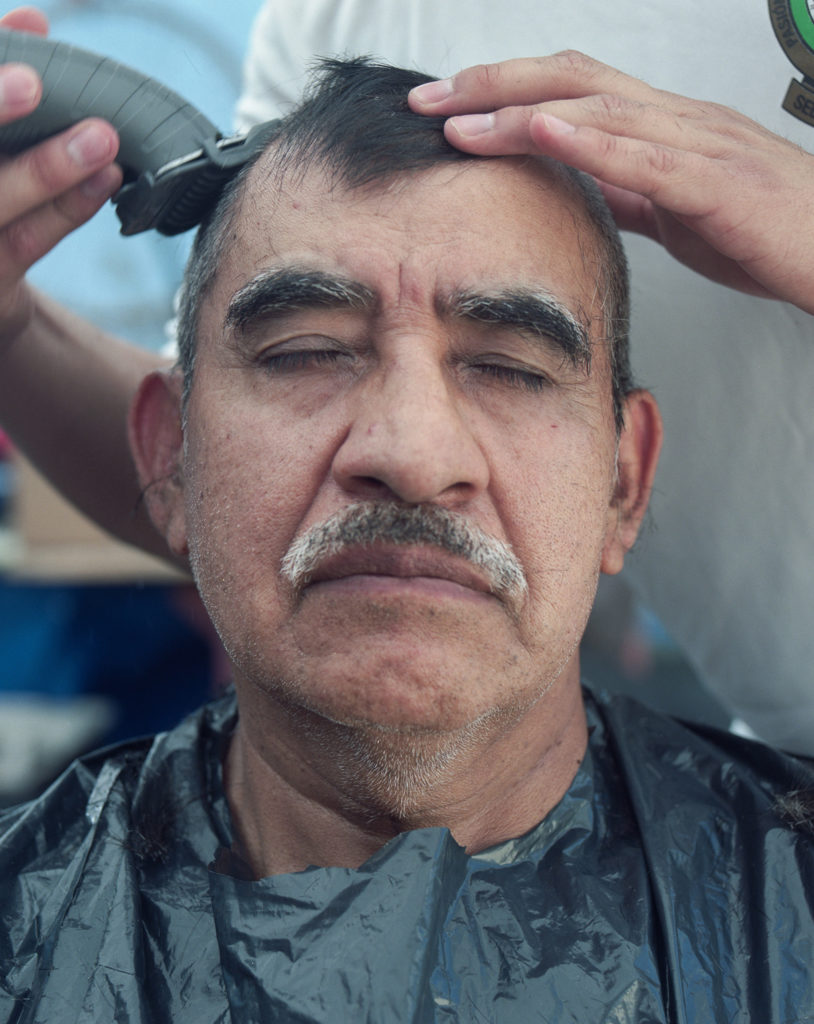
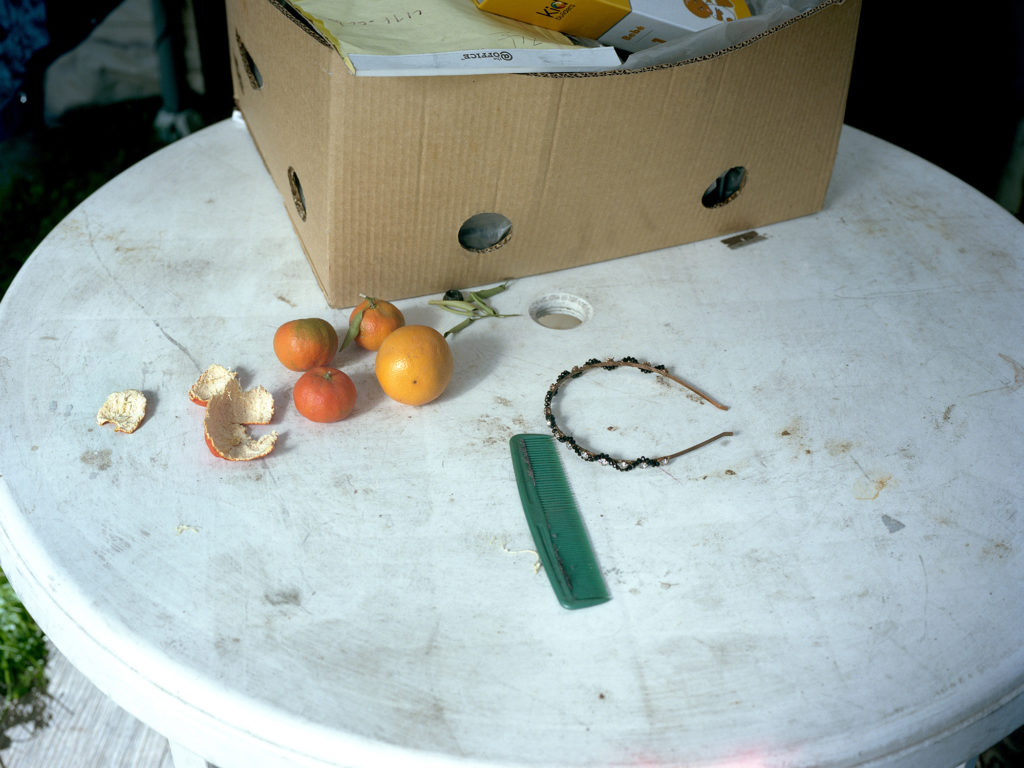
Courtesy the artist
William Camargo (born in Anaheim, California, 1989) is an arts educator, photo-based artist, and arts advocate. He is currently commissioner of heritage and culture for the City of Anaheim, and working toward an MFA at Claremont Graduate University, California. He is founder and curator of Latinx Diaspora Archives, an Instagram page that elevates communities of color through family photos. He attained a BFA from California State University, Fullerton, and an AA in photography from Fullerton College. Camargo has held residencies at ProjectArt, Chicago; Chicago Artists Coalition; Artists’ Cooperative Residency and Exhibitions, Steuben, Wisconsin; LA Summer at Otis School of Art and Design; and the Latinx Project at New York University. He attended the National Association of Latino Arts and Cultures’s Leadership (2018) and Advocacy (2020) Institutes, and is a current member of Diversify Photo. Camargo was awarded a Friedman Grant from Claremont Graduate University, and has given lectures at the University of Wisconsin–Parkside; Gallery 400, Chicago; University of San Diego; California State University, Long Beach; Claremont Colleges; and University of Southern California’s Roski School of Art and Design, among others. His work has been shown at the Chicago Cultural Center; Loisaida Center, New York; University of Indianapolis; Mexican Center for Culture and Cinematic Arts, Los Angeles; Stevenson University, Maryland; Ethelbert Cooper Gallery of African and African American Art, Harvard University, Cambridge, Massachusetts; Irvine Fine Arts Center, California; and upcoming at the Phoenix Art Museum.
The Aperture Portfolio Prize is an annual international competition to discover, exhibit, and publish new talents in photography and highlight artists whose work deserves greater recognition.
